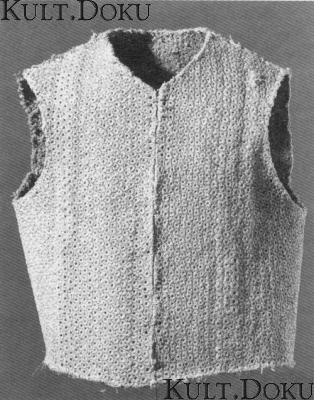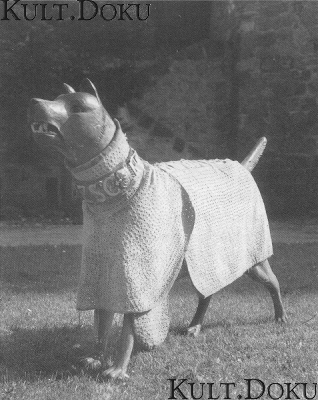http://en.wikipedia.org/wiki/Ring_armour
| Quote: |
|
The garment called "eyelet doublet" is not a form of ring armour, but an undergarment intended to be used under the actual armour. The eyelets are intended as ventilation holes. It was known as a "Schiessjoppe" in Germany. |
According to Sir John Smythe* the eyelet doublet most certainly was used as standalone armour.
| Quote: |
| “Archers should wear either eyelet holed doublets that will resist the thrust of a sword or dagger and covered with some trim to the liking of the captain... or else jacks of mail quilted upon fustian." |
My question is whether the "eyelet doublet" and schiessjoppe are actually the same thing or whether one is armour and the other is an undergarment.
* John Smythe, Observations and Orders Militarie, (1591). 185

